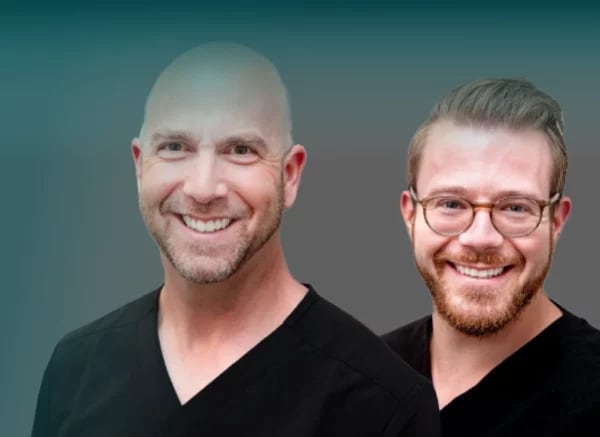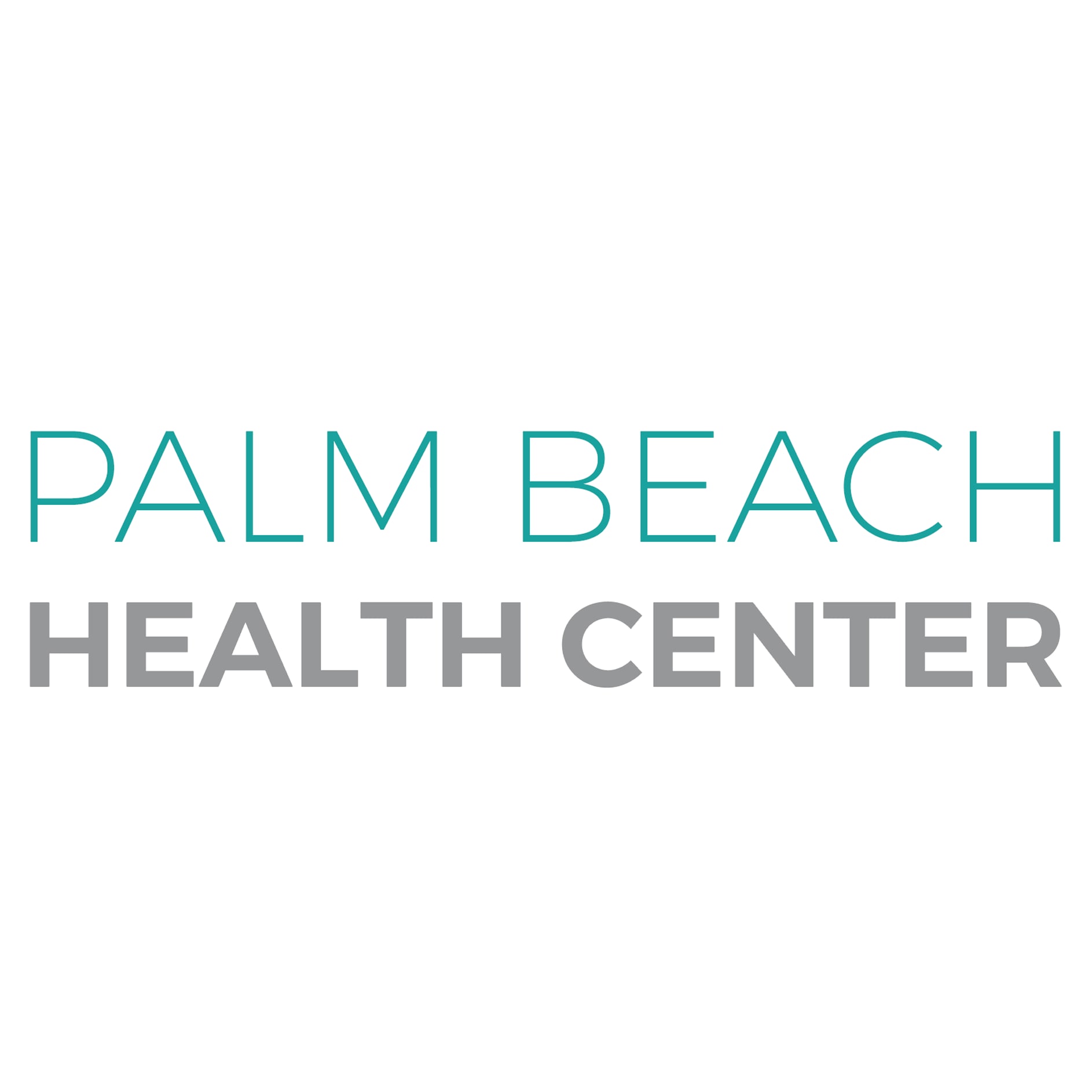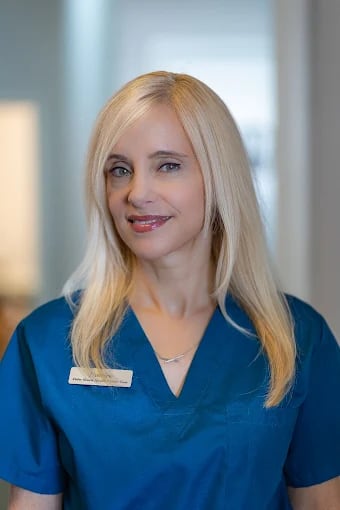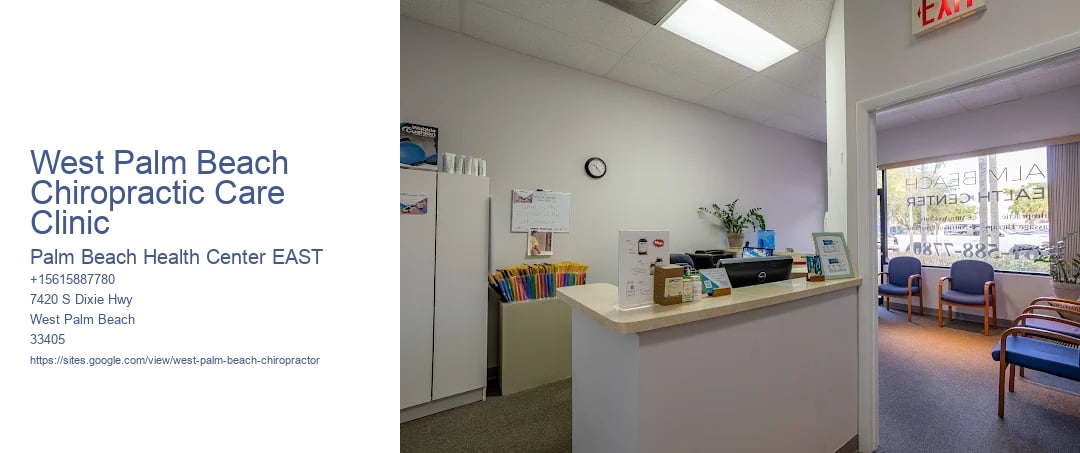Natural medicine describes methods that aim to attain the recovery effects of conventional medicine, but that usually lack biological plausibility, testability, repeatability, or supporting proof of performance. Such methods are typically not part of evidence-based medicine. Unlike contemporary medicine, which uses the scientific approach to test probable treatments by way of liable and moral medical trials, producing repeatable proof of either result or of no result, alternate treatments reside outside of mainstream medicine and do not stem from utilizing the scientific method, but rather rely on testimonials, narratives, faith, custom, superstition, idea in supernatural "energies", pseudoscience, errors in reasoning, publicity, scams, or other unscientific sources. Frequently used terms for pertinent practices are New Age medicine, pseudo-medicine, unconventional medicine, all natural medication, edge medication, and non-traditional medicine, with little distinction from quackery. Some alternative methods are based on theories that oppose the well established scientific research of exactly how the human body jobs; others interest the superordinary or superstitions to clarify their effect or absence thereof. In others, the method has plausibility but does not have a favorable threat–-- advantage end result chance. Research into alternate therapies typically fails to comply with proper research procedures (such as placebo-controlled trials, blind experiments and computation of prior likelihood), supplying void results. History has revealed that if a method is proven to work, it eventually discontinues to be alternate and comes to be traditional medication. Much of the viewed impact of a different method arises from an idea that it will be effective, the sugar pill effect, or from the treated condition settling by itself (the natural course of disease). This is more aggravated by the tendency to turn to alternate therapies upon the failure of medicine, whereupon the problem will certainly go to its worst and probably to automatically boost. In the absence of this prejudice, specifically for conditions that are not anticipated to improve by themselves such as cancer cells or HIV infection, numerous research studies have shown dramatically worse outcomes if clients turn to different therapies. While this might be since these people avoid effective treatment, some different treatments are actively hazardous (e. g. cyanide poisoning from amygdalin, or the intentional consumption of hydrogen peroxide) or proactively disrupt reliable treatments. The natural medicine market is an extremely successful sector with a strong entrance hall, and faces much much less policy over the use and advertising and marketing of unproven therapies. Corresponding medication (CM), complementary and natural medicine (WEB CAM), integrated medication or integrative medication (IM), and all natural medication attempt to combine different practices with those of mainstream medicine. Typical medication methods come to be "different" when utilized outside their original settings and without proper scientific description and proof. Alternate techniques are frequently marketed as more "natural" or "holistic" than methods supplied by clinical scientific research, that is occasionally derogatorily called "Huge Pharma" by supporters of natural medicine. Billions of bucks have been spent researching natural medicine, with couple of or no positive outcomes and numerous methods thoroughly disproven.
.



